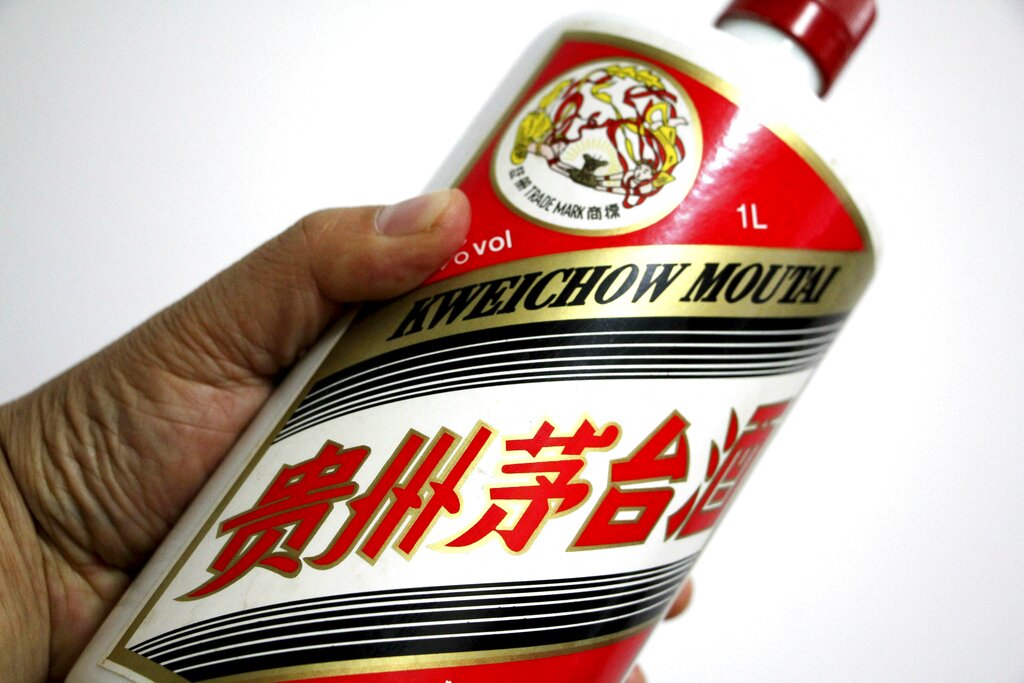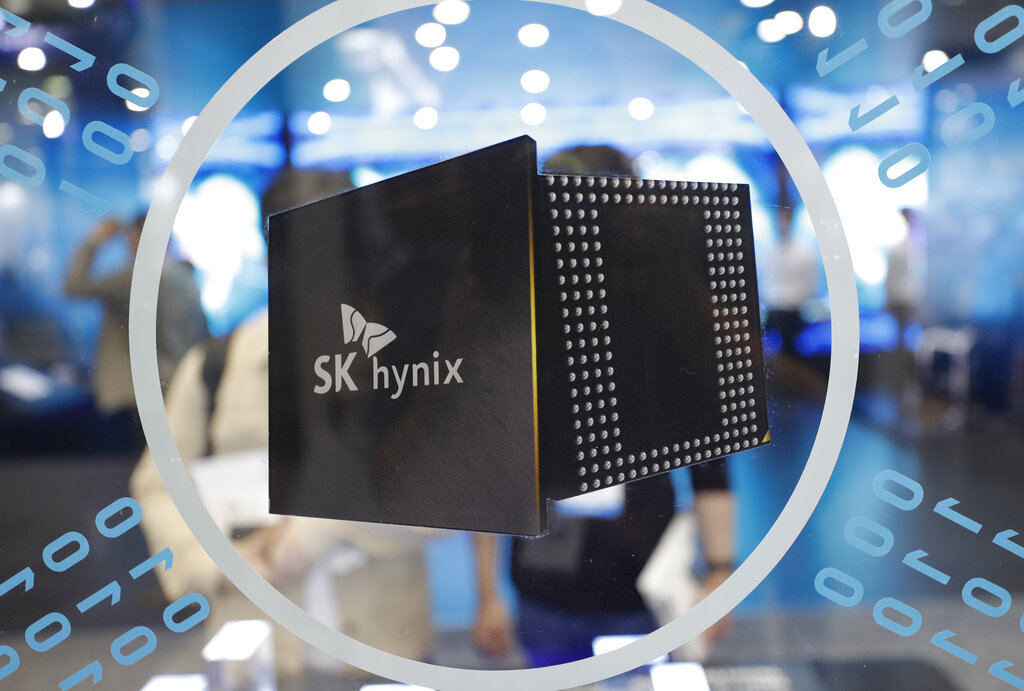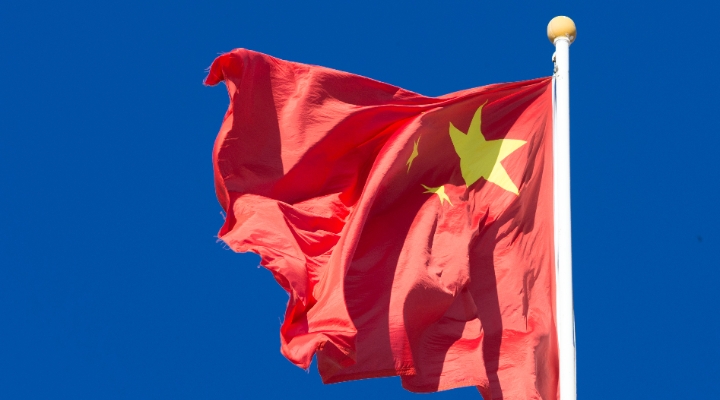
In 2022 alone, Chinese households saved a whopping RMB 17.8 trillion in bank deposits. This is roughly 15% of the country’s GDP. Chinese equity market observers look at this, and believe that pent-up consumer demand will drive the COVID-reopening recovery, just like it did in the U.S. and Europe.
Another indicator on investors’ minds is the possible outcome of the National People’s Congress. Jian Shi Cortesi, investment director at GAM Investments, says: “If we have positive government policies to stimulate consumption that can help release excess savings, which could go into either consumption or the stock markets. In either case, it would be positive for China equities.”
China Markets Rebound from the Lows of Q2
It is also valuable to remember that last year, the sentiment for China was very bearish. A year ago, Shanghai and other cities were in the midst of a two-month lockdown to curb the spread of the coronavirus. Stalled economic activity led, in part, to the country’s second slowest annual growth since 1976.
Lorraine Tan, director for equity research in Asia, says: “We expect stronger year-over-year recovery for Chinese e-commerce stocks in second-quarter 2023 due to China ostensibly passing the COVID-19 case peak. This would likely follow weaker year-over-year growth in the first quarter on a higher base.”
For consumers and other sectors, this coming second quarter will be a barometer for gauging the post-pandemic tailwind against the lockdowns. At the same time, a rebound in consumption, spanning from airlines to dining and to luxury goods, is a vast theme to follow. How should investors approach it?
Which Sectors Will Most Benefit from China’s Reopening?
“When it comes to where we find the opportunities, we have the obvious reopening beneficiaries. When Chinese consumers were asked, ‘Where do you want to go? What do you want to do?’. They listed three things: ‘eating out more, traveling more, and doing more sports outdoors’.”
For Cortesi, stocks that are in favor include online travel and sportswear. In the 37-stock portfolio of the US$ 133.1 million GAM China Evolution Fund, Trip.com (TCOM, 09961) is a top holding, representing 2.8% of assets as of January 31.
Morningstar covers two sports apparel leaders, ANTA Sports Products (02020) and Li Ning (02331). While both have a narrow economic moat rating, ANTA is more attractively priced, as analysts see a 23% upside against its fair value estimate.
Restaurant Sales See a Turnaround
Morningstar’s Tan believes restaurant operators also have decent upside potential.
‘We expect a strong recovery in restaurant sales following China’s shift away from its zero-COVID-19 policy. During the Lunar New Year, domestic tourism trips increased by 23% from the same period last year to 89% of levels seen in the same period of 2019. This has benefited quick-service restaurants like KFC, which have sizable exposure to transportation hubs (train stations, airports, and so on).
“Over the next few quarters, we expect a continued rebound in dine-out spending, translating to positive same-store-sales growth for major restaurants. Regardless, we continue to favor moat-y companies, given the risk of the slower global growth and if inflation should remain more stubborn than expected.”
Tan’s favorite in this sector is wide-moat Yum China (09987). She believes the factors that blocked Yum China from performing in 2022 are no longer in effect. “With a quarter with unprecedented challenges now in the rear view mirror, sales in the Lunar New Year period recovered to mid-single-digit growth, compared with the same period last year. It is our firm opinion that this will be a strong recovery year, and we maintain our above-consensus growth and margin forecasts in 2023,” she adds.
E-Commerce Is Cheap, But Competition Can Eat Into Margins
E-commerce platforms can benefit from pend-up demand, even as the regulatory backdrop is much more relaxed than it has been over the past couple of years. Tan says: “Specifically for Alibaba, Ant Group made progress in its financial restructuring, which includes investment by state-owned entities. The government has issued rhetoric supporting platform economies with no criticism of unchecked expansion of capital or mention of antitrust issues in the Central Economic Working Conference in December 2022.”
Most recently, JD.com has launched a low-price push. Intensifying competition is emerging as a new concern, as a full-on price war might drag the whole sector’s profitability.
Cortesi isn’t too worried for now. “Alibaba, is not planning to join the price war. A war takes shape only when you have multiple players fighting each other. Overall, the industry is still staying rational. But one thing we do know is that the e-commerce space is getting more saturated. That’s why we see companies trying to get into new markets, like the third- or fourth-tier cities,” says Cortesi, adding that this low price offering from JD is also targeting these markets.
Other e-commerce companies, like Pinduoduo, has a workaround by exploring international markets like launching new apps in the U.S.
From a valuation perspective, wide-moat Alibaba and rival JD.com are both attractive based on Morningstar research. “Having been sold down greatly in 2022, Alibaba benefits most from the recent swing in investor sentiment and discretionary spending recovery,” adds Morningstar’s Tan.
Airlines See Limited Upside While Autos Remain Under Pressure
The bullish view on reopening may buoy travel demand. Compared with the previous years, China’s airlines are set for a better 2023 but this is reflected in air carriers’ shares. Both Cortesi and Tan believe a further upside is airlines is limited.
Cortesi says: “We definitely believe that [air carriers] will benefit from the reopening. But airline stocks in China have already significantly outperformed last year. In terms of relative valuation, they no longer look attractive, and we think a lot of the positive news has been priced in.”
For the auto space, concerns are around pricing, branding, and competition.
For GAM Investments, the electrification of vehicles presents a long-term investment opportunity, but the risks are yet to pay off in the face of fierce competition. Cortesi says: “As we have seen, Chinese EV makers have followed Tesla in cutting prices. The heating competition could put pressure on many of these companies. Our strategy on that is to so stay very selective and stick to the leaders.”












.png)





.jpg)





